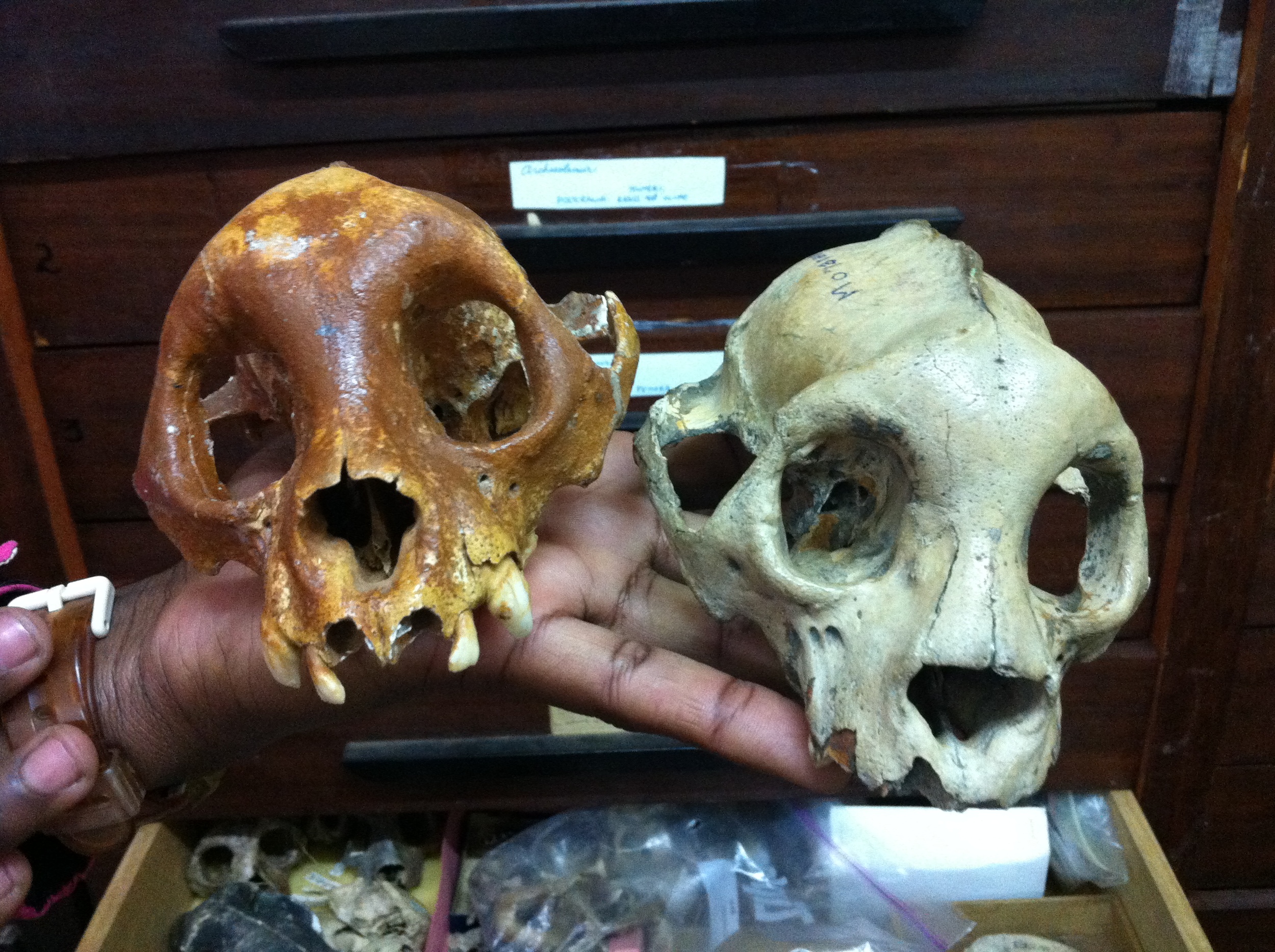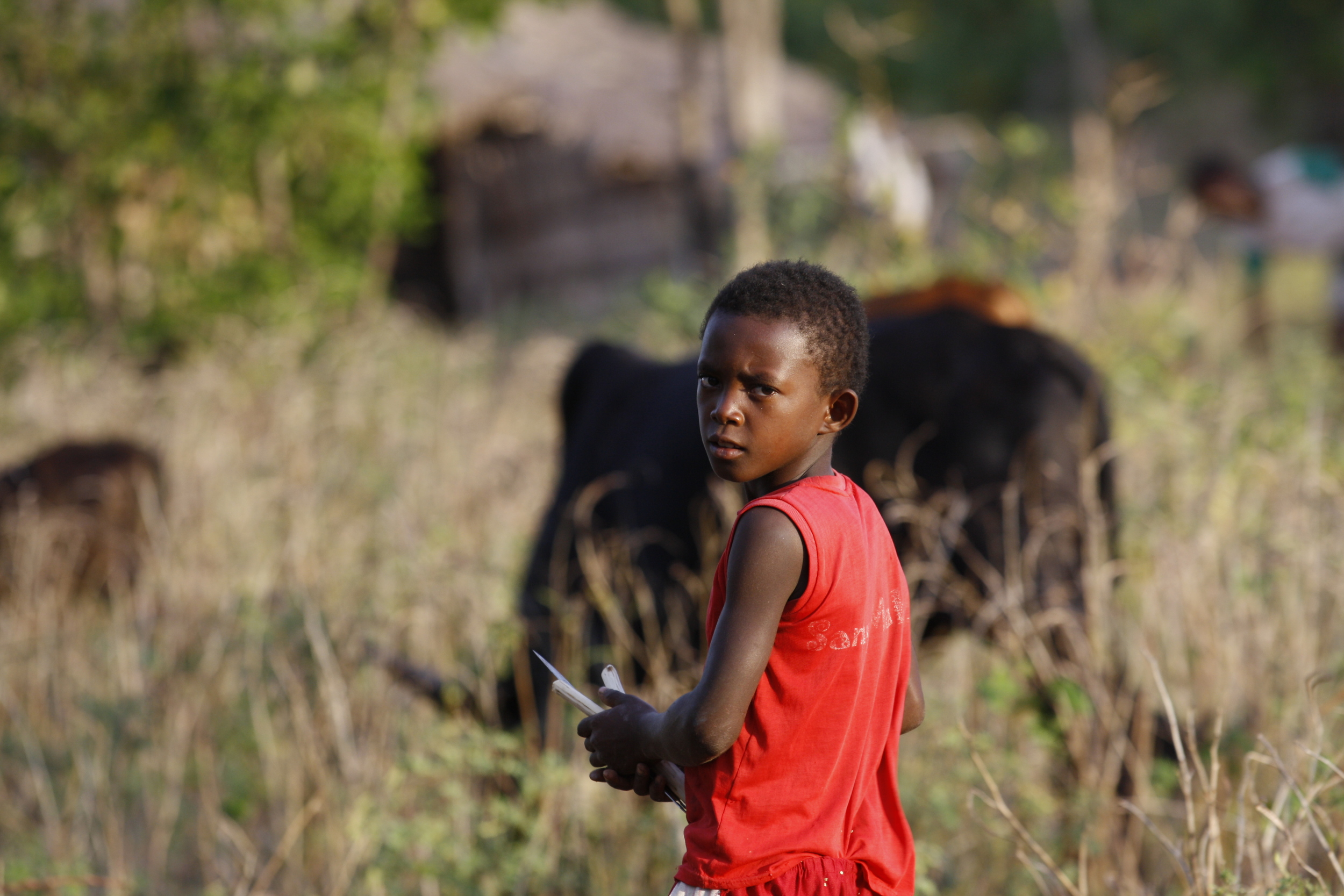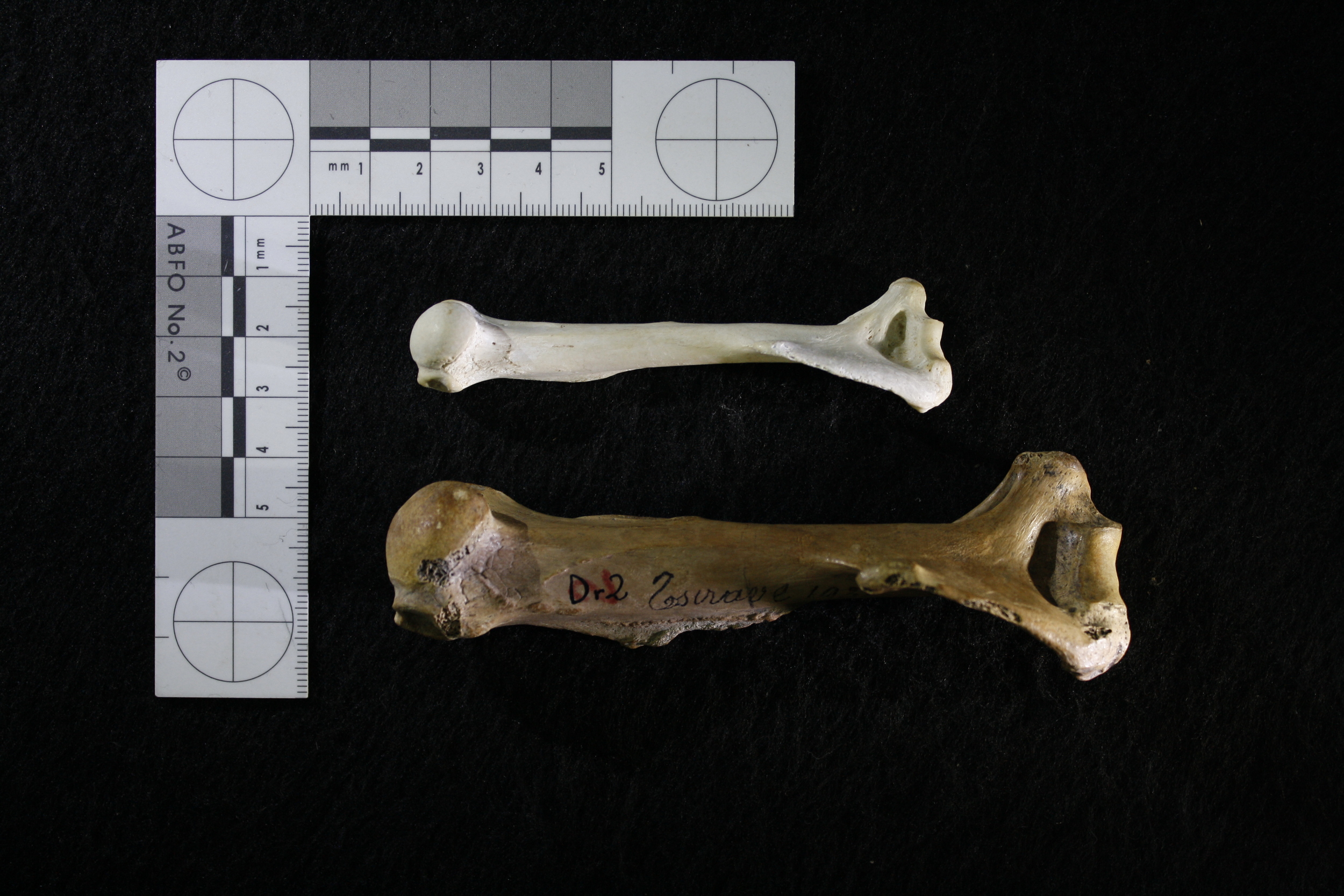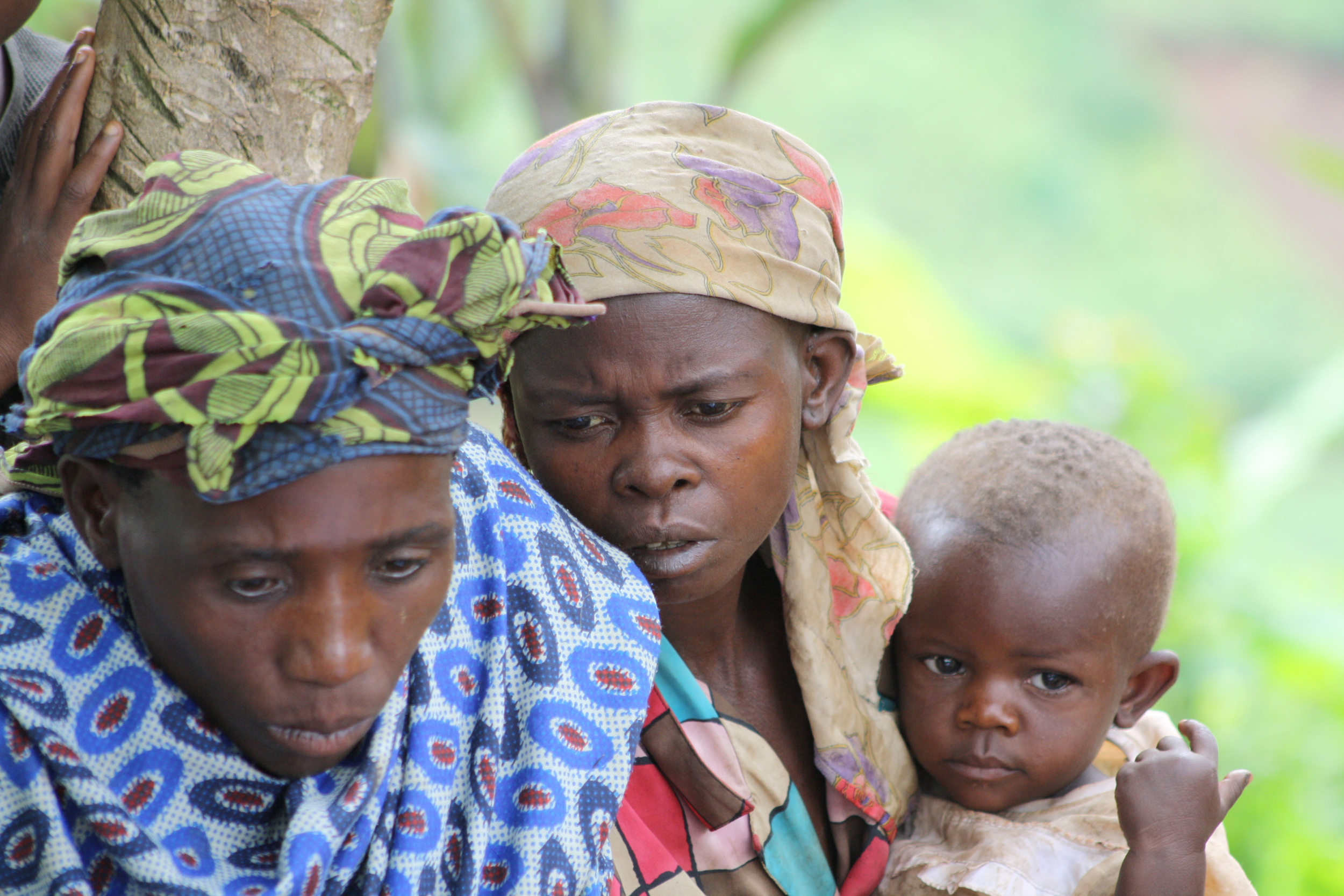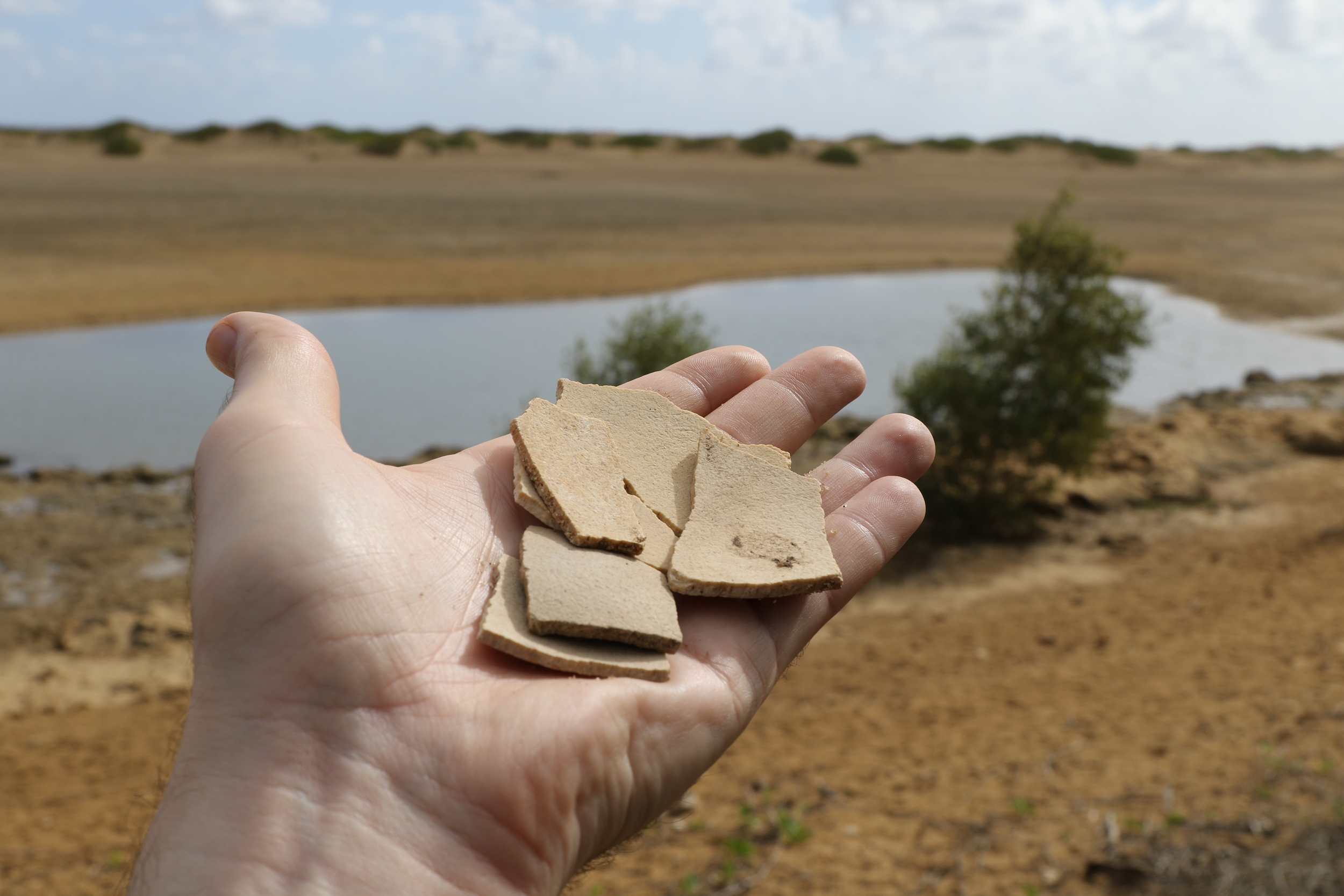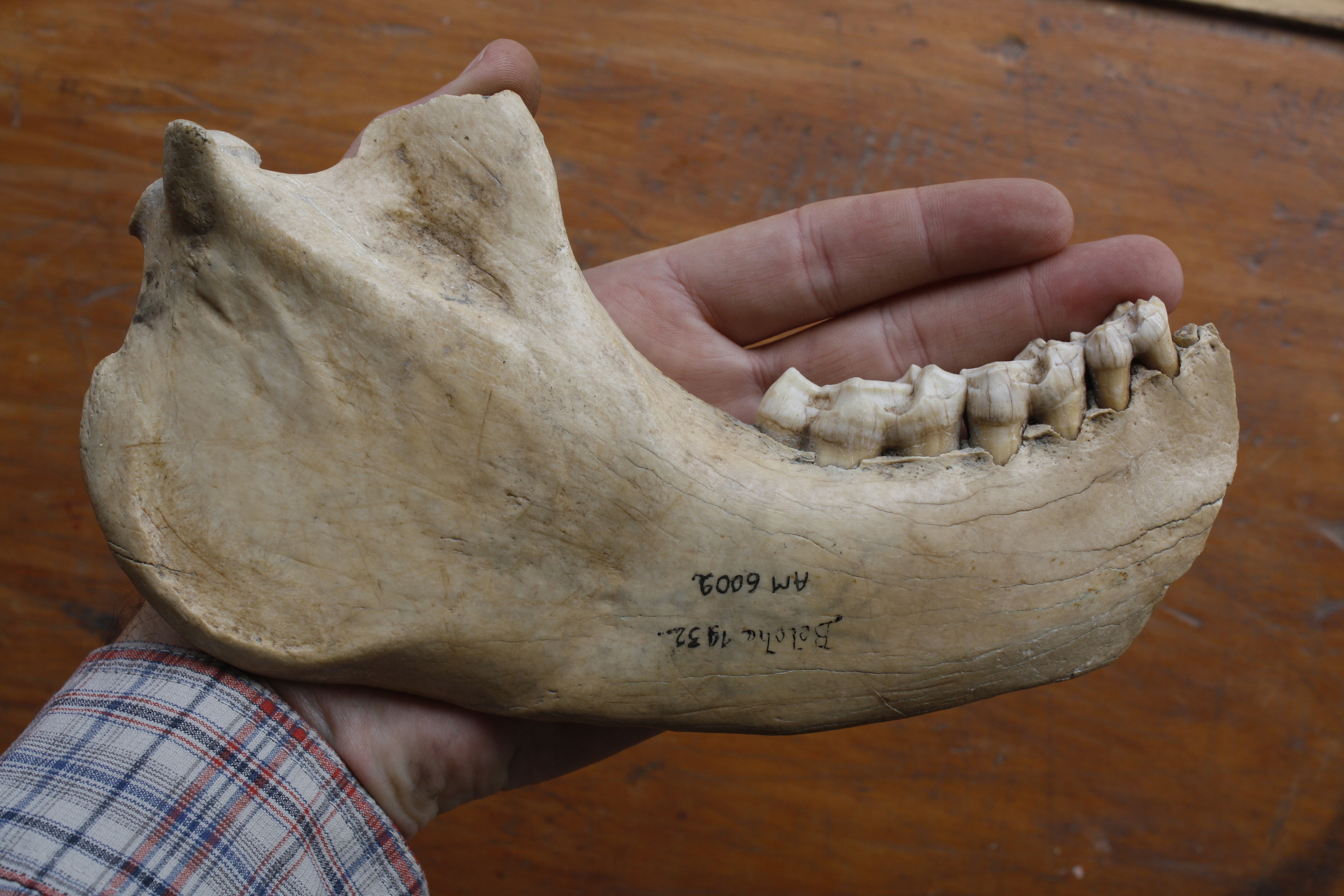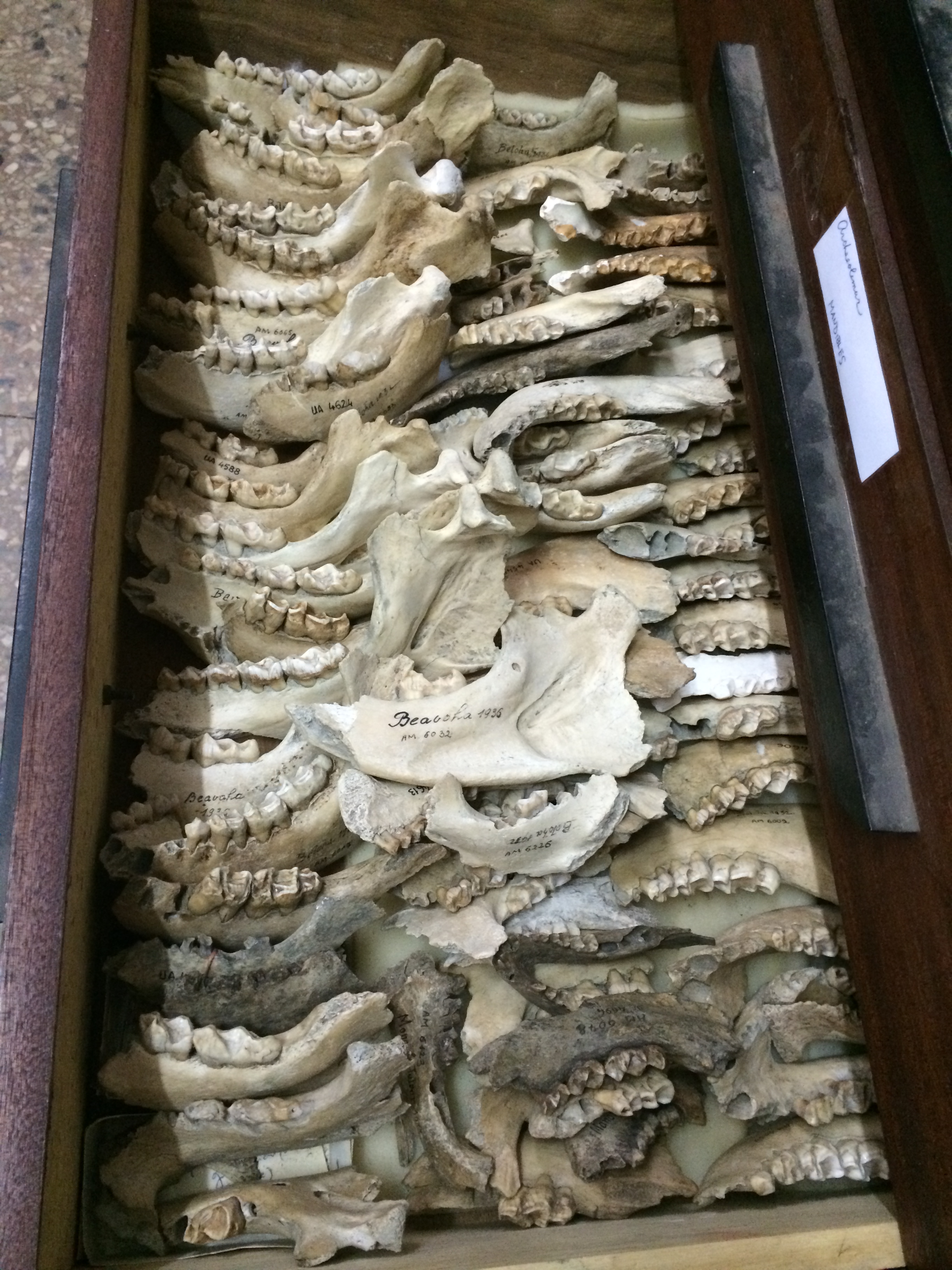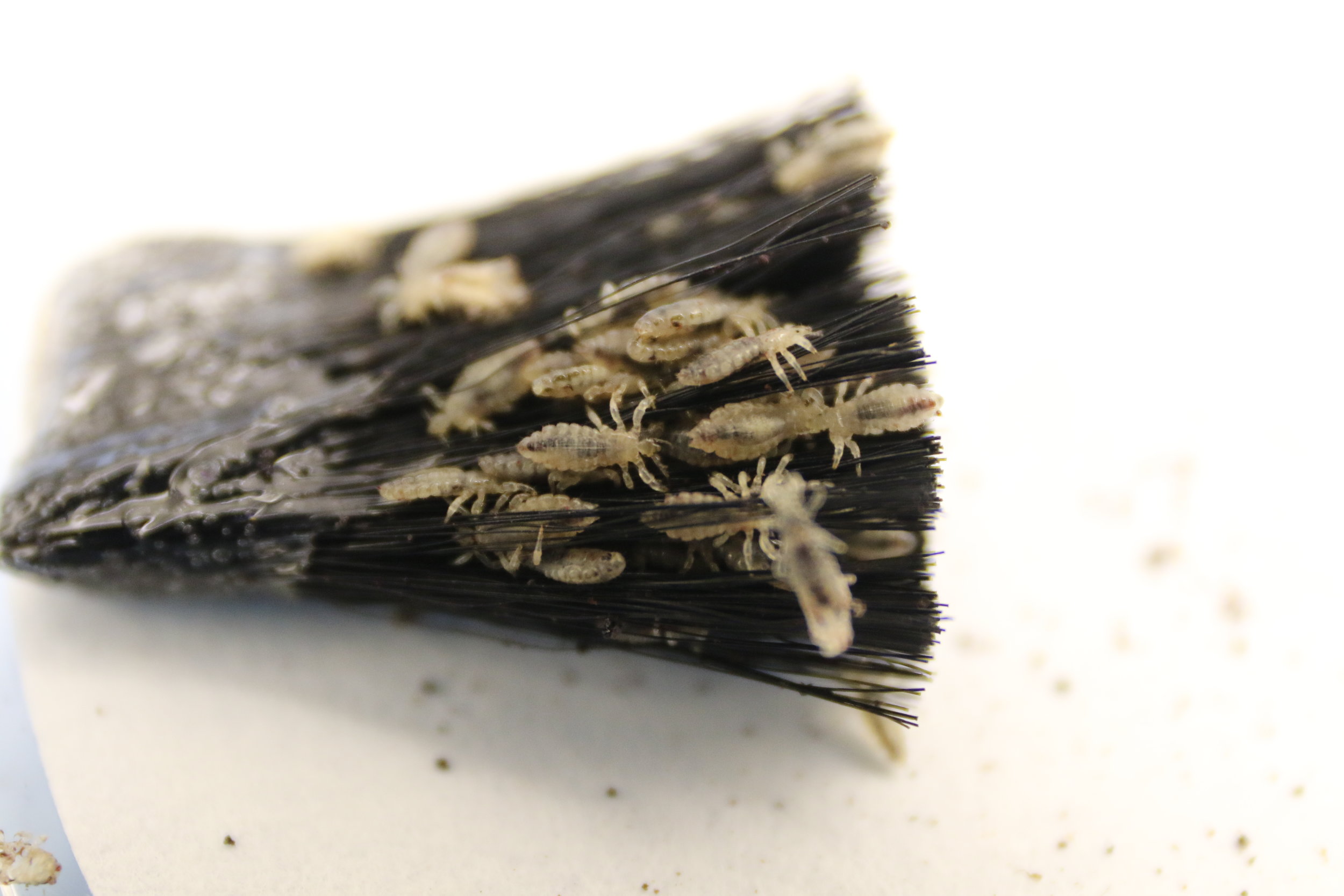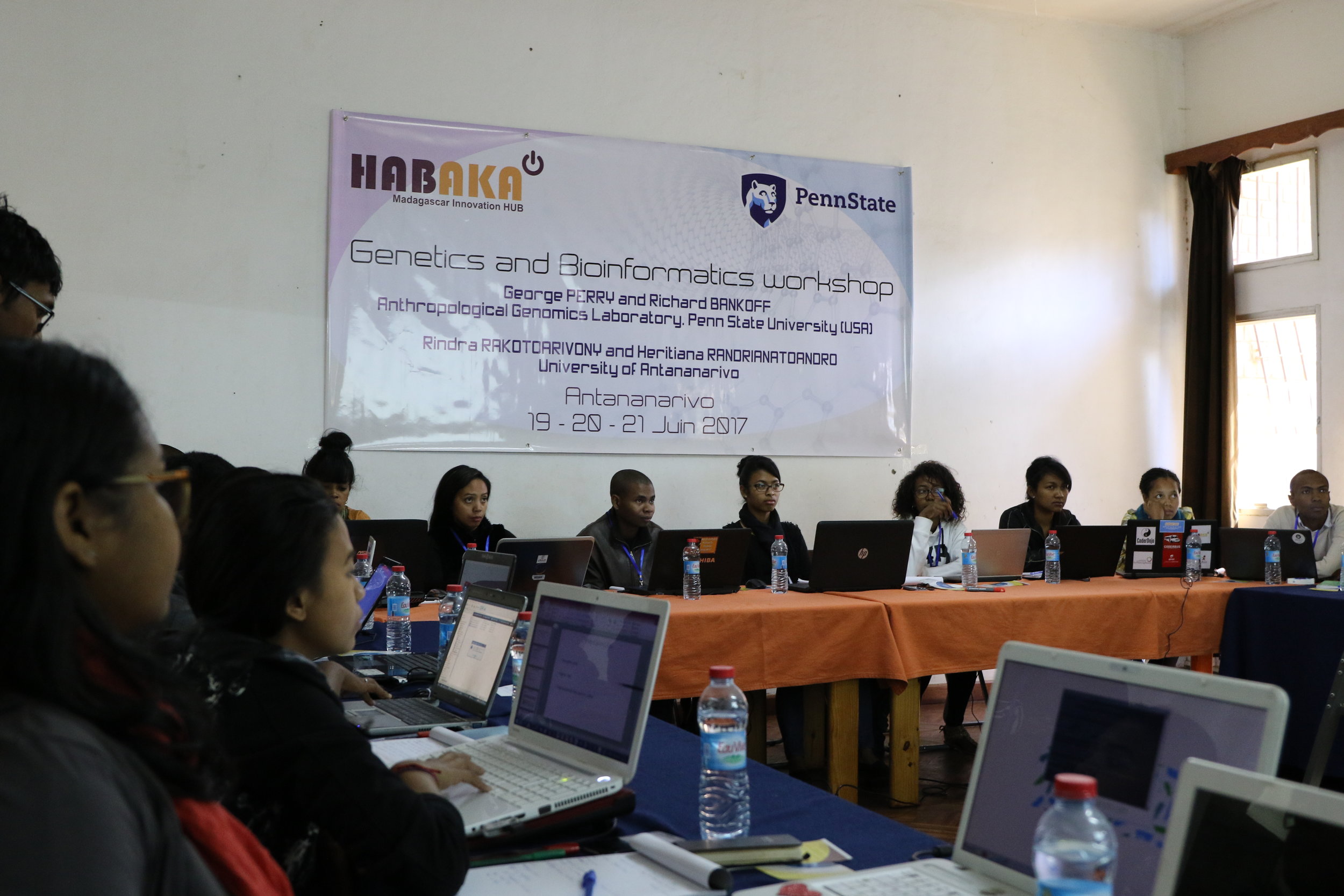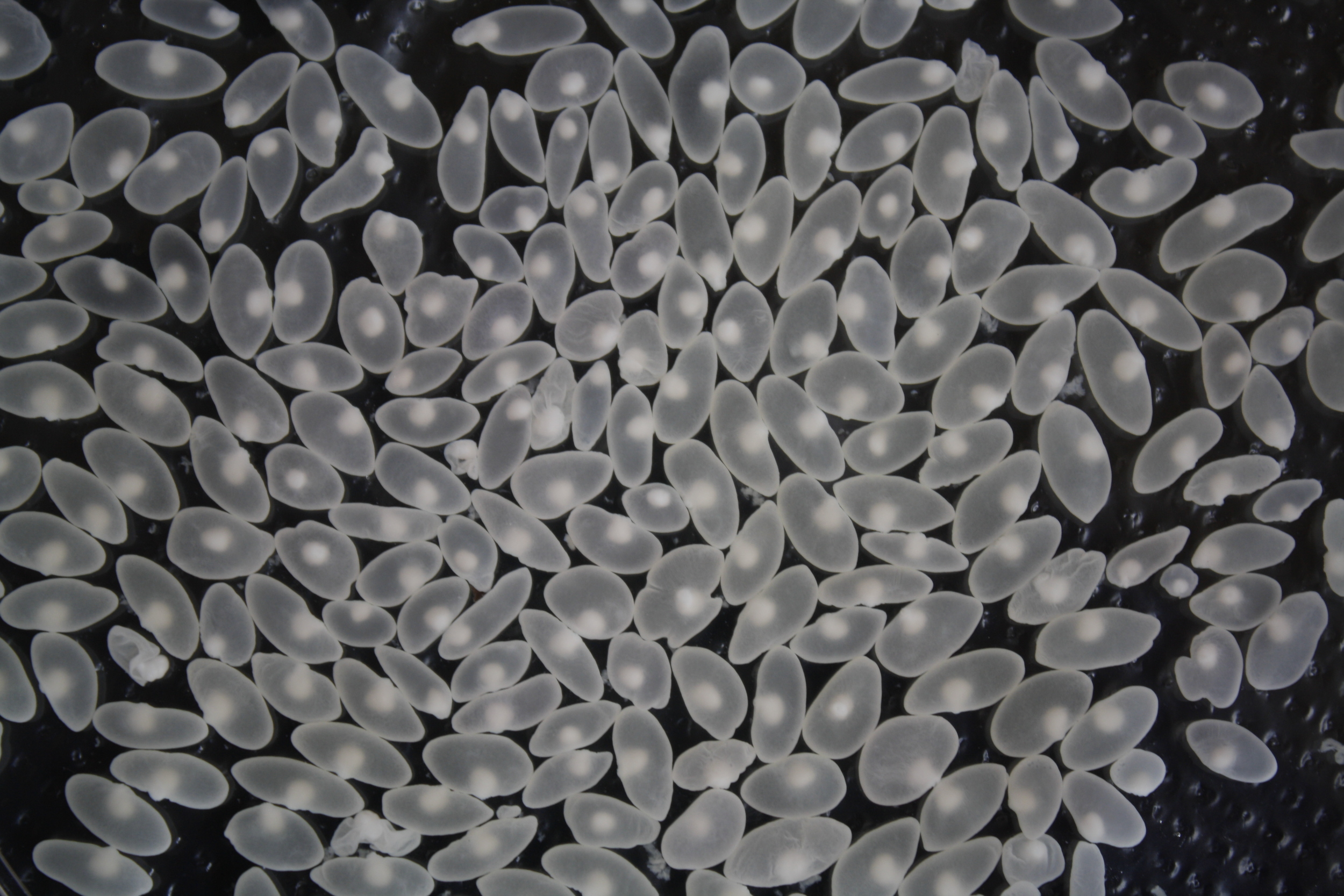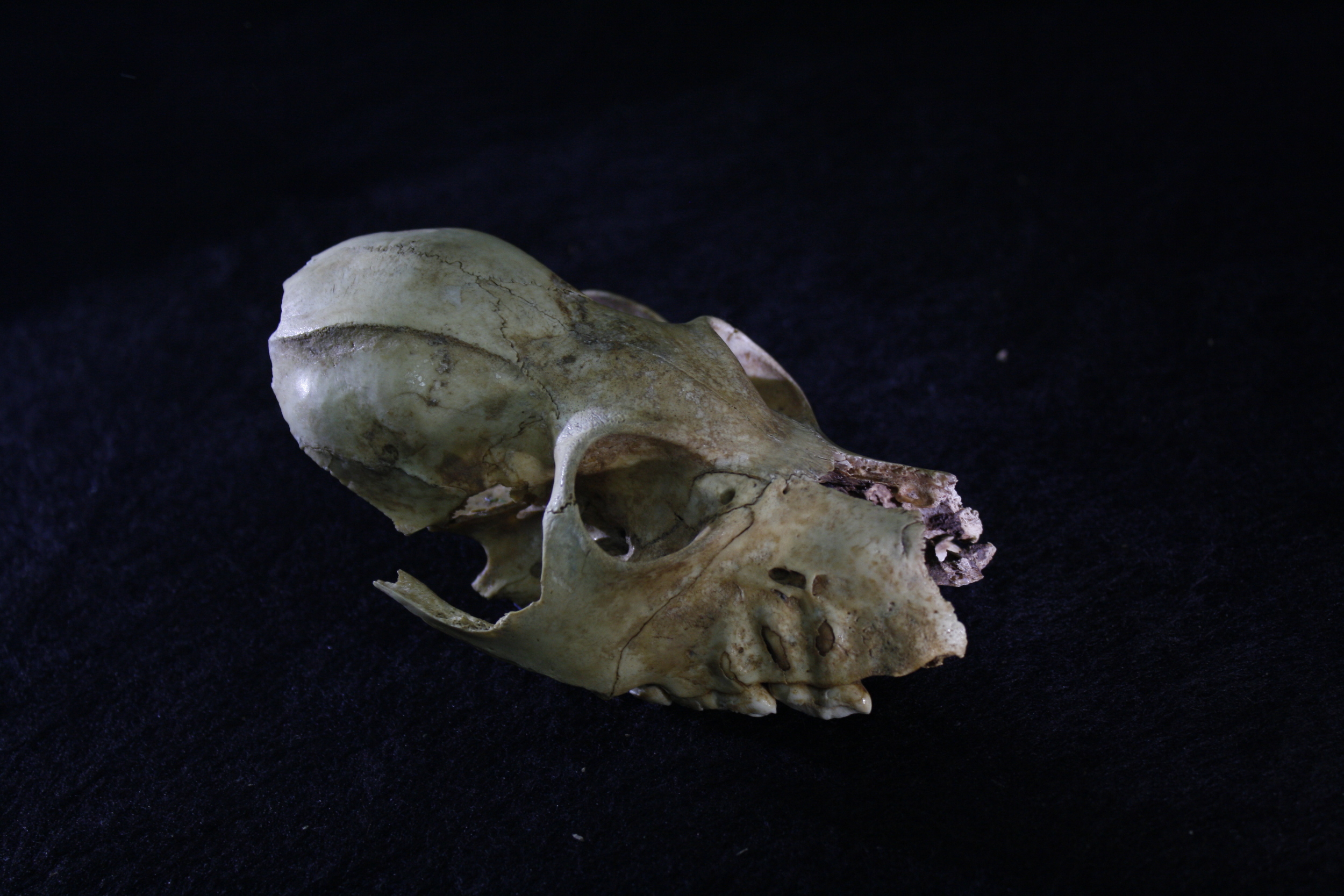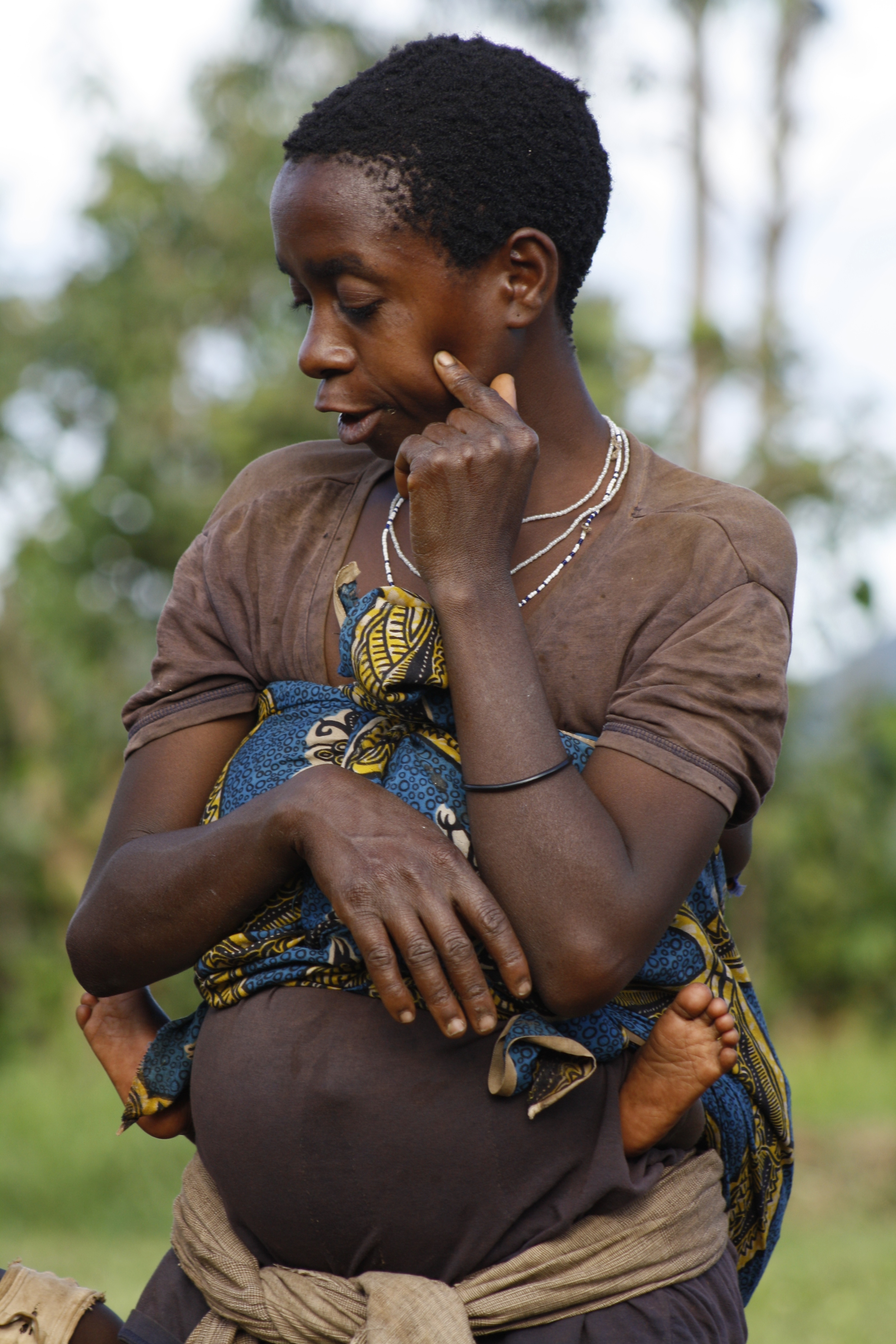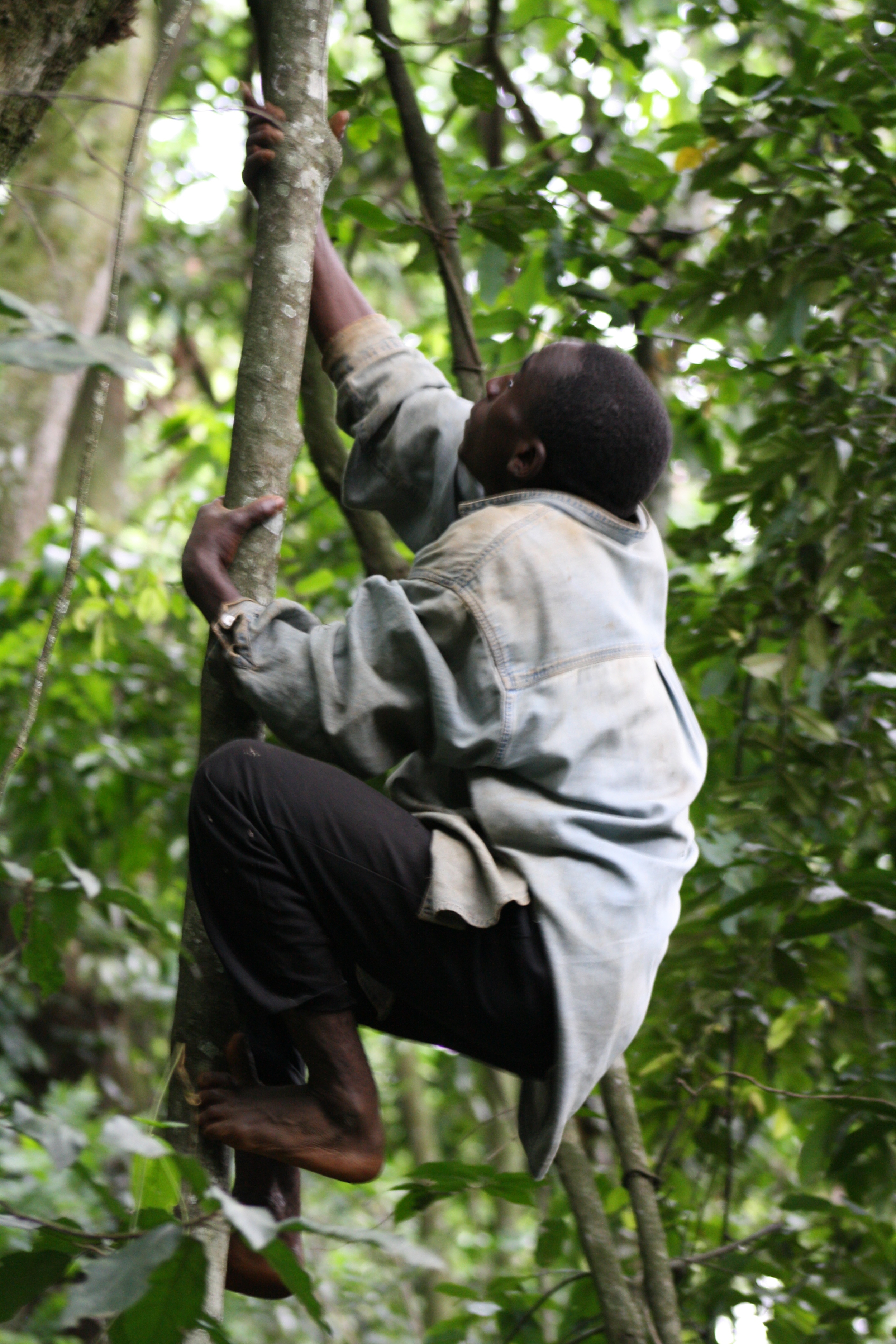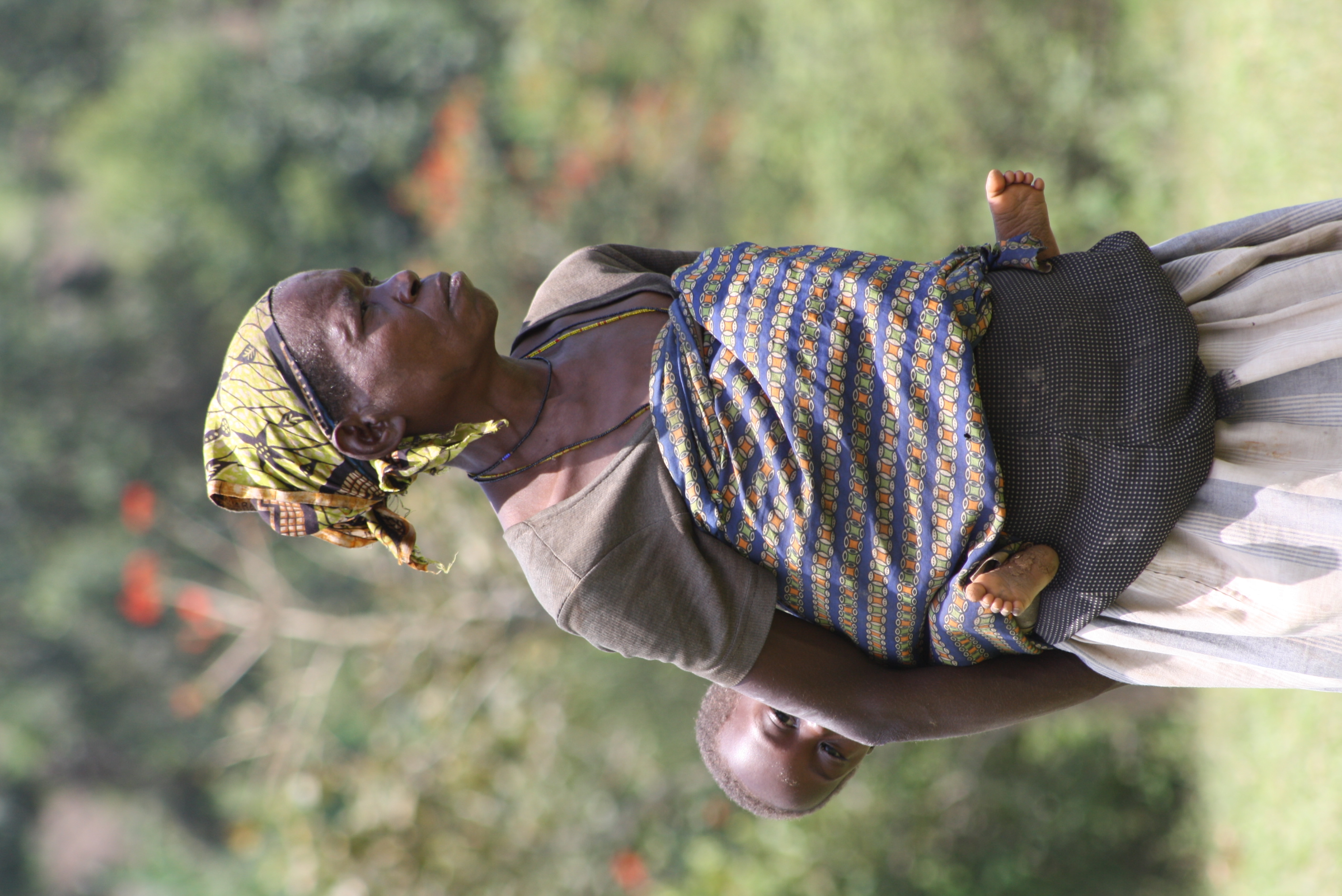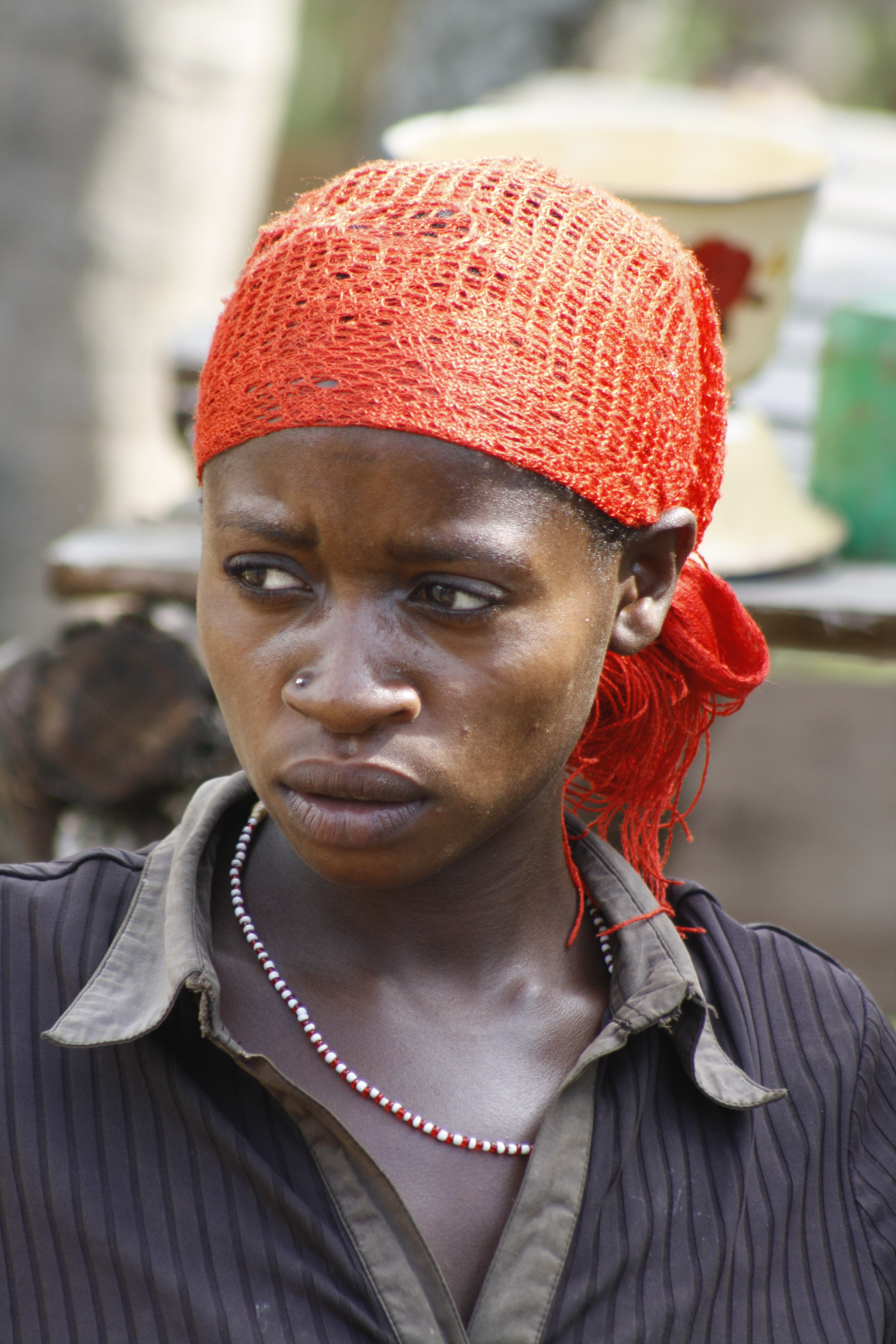Departments of Anthropology and Biology
The Huck Institutes of the Life Sciences
Pennsylvania State University
Current focus areas:
Impact-driven science
It is existentially important for academia to bridge its immense divide with the general public. Yet, many of our current institutional norms and processes – including our criteria for faculty promotion and tenure, and much more – effectively discourage research that prioritizes ultimate societal impacts over academic publications. In response, we are working to help develop and implement i) expanded evaluation criteria for academic research, ii) new academic collaboration structures that better facilitate ambitious, impact-driven research, iii) updates to graduate student training and undergraduate teaching approaches that emphasize these perspectives and the related practical skills, and more.
Human evolutionary medicine
Genetic adaptations to our past environments, disease burdens, and cultural practices can affect disease risks today, especially if any of the underlying environmental, disease, or cultural factors have changed in the interim. Our lab brings an anthropological perspective to help study the origins and health-related consequences of evolutionary mismatches and tradeoffs, integrating genetic variant x trait association, evolutionary genetic, ancient DNA, ethnographic, and epidemiological data.
Human impacts on non-human evolutionary biology
Human biological and cultural adaptations have impacted the evolution of many non-human species sharing our ecosystems. We study this co-evolutionary process across different timescales and in different organisms, including our parasites. This work helps us develop new insights into past human behavior, human evolution, and evolutionary medicine, beyond (yet complementing) what can be learned from human genome data alone or from the fossil and archaeological records.

